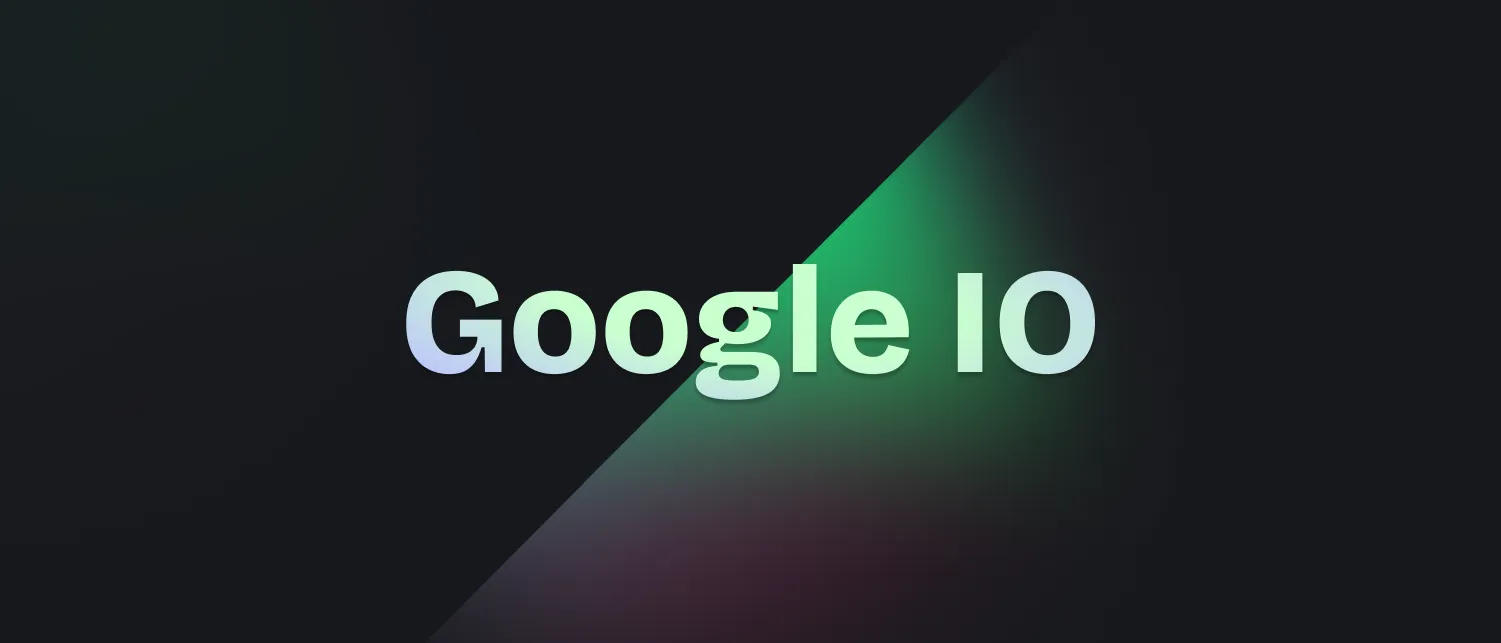How Google I/O Just Broke Your SEO Strategy (And Why Most Businesses Will Fail to Adapt)
Google I/O 2025 didn’t just announce new features—it declared war on traditional SEO. With AI Mode rolling out globally in Q3 and early data showing traffic drops up to 64%, most businesses are about to discover their entire digital strategy is built on quicksand.
How to Guarantee SEO Failure Post-I/O
If you wanted to ensure your SEO strategy becomes completely ineffective in the AI-first world, how would you design it?
- Keep optimizing for humans when 99.99% of interactions will be bots by mid-2026 ✓
- Focus on blue links when AI Overviews now trigger for 13.14% of queries (up 72% month-over-month) ✓
- Ignore the citation economy while Forbes and Business Insider get quoted despite being outside the top-10 organic results ✓
- Maintain traditional keyword strategies when AI uses “query fan-out” to generate hundreds of related searches ✓
- Stick to basic schema markup when AI agents need structured, contextual data to make purchase decisions for users ✓
- Continue measuring success by rankings when position-1 CTR just dropped 34.5% due to AI Overviews ✓
The current SEO playbook is expertly designed to fail in the post-I/O world.
The Incentive Problem
Look where the money flows and who benefits from maintaining the status quo.
Traditional SEO Agencies
They profit from complexity and long implementation cycles. Monthly retainers for keyword research and link building? Perfect for their business model, catastrophic for clients entering the Agent eXperience (AX) era. Why would they want to admit their entire service stack needs rebuilding?
Enterprise Marketing Teams
They’re measured on traditional metrics that Google just made irrelevant. When your CMO’s bonus depends on organic rankings and your CEO expects “SEO results,” acknowledging that the game fundamentally changed becomes career suicide. Easier to optimize for yesterday’s algorithm than explain why everything needs to change.
SEO Tool Companies
Semrush, Ahrefs, and others built billion-dollar businesses on rank tracking and backlink analysis. Their incentive is to keep selling the old tools while slowly layering on “AI features” rather than admit their core value proposition just evaporated.
The Business Owner
They need results, not revolutions. They see potential in AI, but the cost, complexity, and uncertainty of adapting to AX make traditional SEO feel safer. Their incentive (profitable growth) is directly threatened by Google’s new reality.
Bottleneck Succession
Solving one problem just reveals the next, bigger catastrophe.
- Traffic Drop: AI Overviews cut your organic traffic 30-64%. Okay, let’s optimize for citations instead of clicks!
- Citation Competition: You start getting quoted in AI responses, but realize you’re competing with Business Insider and Forbes—brands with armies of writers and decades of authority. The bottleneck shifts to content volume and expertise signals.
- Content at Scale: You ramp up content production, only to discover AI agents prioritize E-E-A-T (Experience, Expertise, Authoritativeness, Trustworthiness) signals you can’t fake. Author credentials, first-hand experience, and proprietary data become the new barriers.
- Agent Shopping Readiness: Even with great content, you realize AI agents making purchase decisions for users need structured product data, pricing APIs, and schema markup so advanced it requires engineering resources you don’t have.
Focusing only on traditional SEO recovery is like installing new speakers while the entire ship is sinking. Necessary, but insufficient.
The “Not Worth My Time” Problem
Marketing teams tried adapting to AI Overviews internally. It requires understanding query fan-out algorithms, structured data implementation, and AX optimization—skills outside their core competence. Engineering teams find AI Overview optimization less strategic than product development, creating dependency on external specialists who are just figuring it out themselves.
The Data Blackout
Google I/O revealed AI Mode uses complex “query fan-out” techniques, generating hundreds of related searches behind the scenes. But they won’t show you which queries triggered their analysis, making optimization nearly impossible.
This creates a peculiar situation: You know AI is rewriting the rules, but you’re flying blind on what those rules actually are. Traditional analytics can’t track AI Overview appearances reliably, and Google promises Search Console filters “coming soon.”
The Citation Flywheel Trap
Early movers discovered something interesting: brands lose 40% of traditional traffic but gain valuable brand mentions in AI Overviews. This creates the “citation flywheel”—more mentions lead to more citations, which lead to more visibility in AI responses.
But here’s the trap: The flywheel only spins for brands already winning. If you’re not getting initial citations, you’re locked out of the system entirely. It’s a winner-take-more economy disguised as an opportunity for everyone.
Conclusion
The post-Google I/O SEO landscape is broken because it’s a cascade of brutal realities, each reinforced by misaligned incentives:
- Traditional metrics: Rankings and traffic suddenly irrelevant overnight
- Tool ecosystem: Built for a world that no longer exists
- Skill gaps: Current teams lack AX optimization expertise
- Resource requirements: Structured data and schema implementation need engineering
- Data visibility: Google hides the very signals you need to optimize for
The result is a system where only the most adaptable organizations can survive, while everyone else optimizes for metrics that Google just made obsolete.
Solving just the ranking piece, while valuable, doesn’t address the fundamental reality: search has evolved from finding information to having AI agents make decisions for users. It’s a Lollapalooza effect of technological disruption, market consolidation, and human psychology conspiring against traditional digital marketing.
The businesses that thrive won’t be the ones that fix their SEO—they’ll be the ones that abandon SEO entirely and build for the Agent eXperience era.
The global rollout of AI Mode is scheduled for Q3 2025. The question isn’t whether this will impact your business—it’s whether you’ll adapt before your competitors do.
